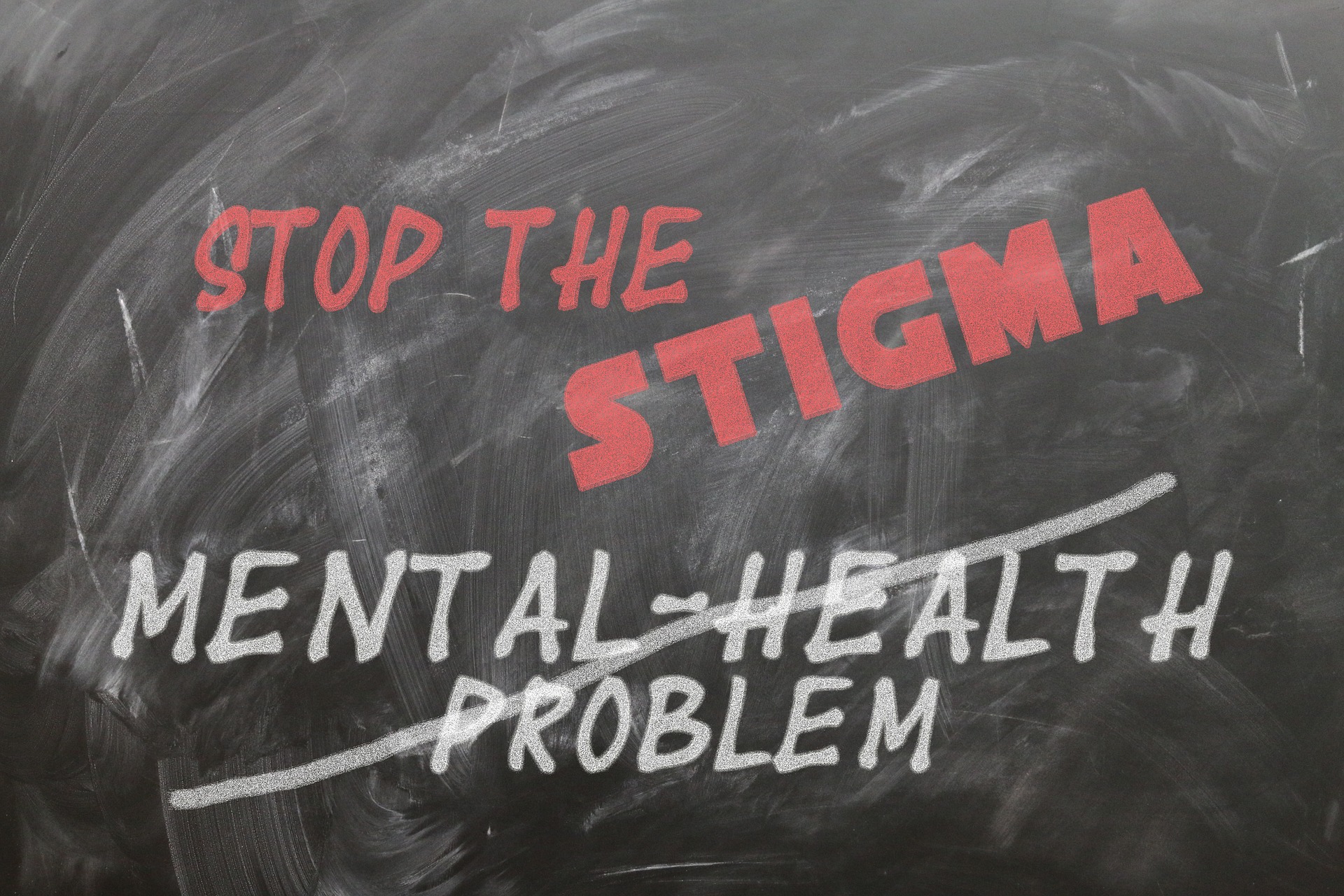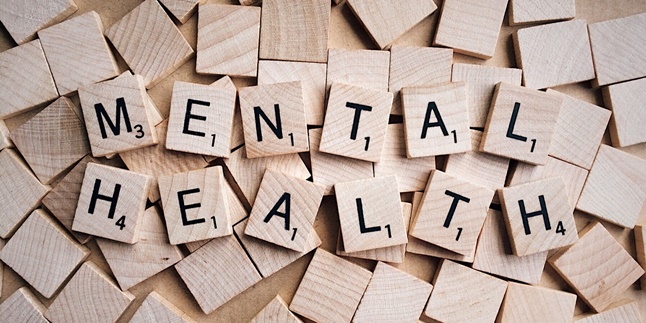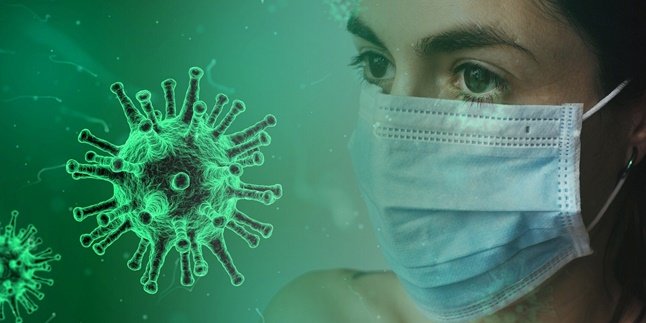Kapanlagi.com - The meaning of mental health or mental health is any condition that includes emotional, psychological, and social well-being. It affects how someone thinks, feels, and acts. Mental health also determines how someone handles stress, interacts with others, and makes choices.
The meaning of mental health is important to understand for everyone in every phase of life. There may still be people who only think that well-being includes enjoying good food, having all needs met, and appearing physically fit. However, the emotional condition of someone from childhood, adolescence, to adulthood also needs attention.
There are still many negative sentiments that only refer to "mental illness" when discussing mental health issues. The meaning of mental health cannot be narrowly interpreted. It is influenced by many factors in life, whether biological factors, trauma, and others. To be more concerned about mental health issues, it is worth listening to the explanation compiled in the following information.
1. Meaning of Mental Health

Meaning of mental health (Credit: Pixabay)
The meaning of mental health or kesehatan mental needs to be understood by everyone. Every event that has a significant impact on life can potentially affect mental health. If the event is something painful, it is possible for someone to experience mental disorders.
Events that leave trauma, such as domestic violence, abuse, or long-term stress-inducing demands, can trigger disturbed mental health. Consequently, a person will have difficulty handling stress, relating to others, making decisions, and even have the potential to harm oneself.
According to information from Halodoc, common types of mental disorders include depression, bipolar disorder, anxiety, post-traumatic stress disorder (PTSD), obsessive-compulsive disorder (OCD), and psychosis. Additionally, there are mental disorders that can only occur in specific individuals, such as postpartum depression that only affects mothers after giving birth.
2. Meaning of Mental Health and Risk Factors

Meaning of mental health (Credit: Pixabay)
Discussing the meaning of mental health, it is important to also mention its risk factors. Here are the risk factors for mental health that you need to know.
- Women have a high risk of experiencing depression and anxiety, while men have a risk of substance abuse and antisocial behavior.
- Women after giving birth.
- Someone who has problems during childhood or lifestyle problems.
- Having a profession in a field that is prone to trigger stress, such as doctors and entrepreneurs.
- Family history or family members with mental illness.
- History of birth with brain abnormalities.
- Previous history of mental illness.
- Experiencing failures in life, such as school or work life.
- Abusing alcohol or illegal drugs.
3. Actions for Mental Health Issues

Actions taken regarding mental health (Credit: Pixabay)
After understanding the meaning of mental health and its risk factors, it is also important for you to know the appropriate actions to deal with mental disorders. The intended actions can be done in two ways, namely prevention and treatment. For more detailed explanation, please refer to the following information.
1. Mental Health Prevention
- Engaging in activities and staying physically active.
- Cultivating genuine help for others.
- Maintaining a positive mindset.
- Developing problem-solving skills.
- Seeking professional help immediately when needed.
- Maintaining good relationships with others.
- Ensuring sufficient sleep and rest.
2. Mental Health Treatment
If you have already visited a doctor and have been diagnosed with a mental health disorder, there are usually several treatment options, including:
- Psychotherapy: talk therapy that provides a safe medium for individuals to express their feelings and seek advice. Psychiatrists will assist and guide individuals in controlling their emotions. Psychotherapy, along with medication, is the most effective way to treat mental illnesses. Several examples of psychotherapy include cognitive behavioral therapy, exposure therapy, dialectical behavior therapy, and so on.
- Medications: generally aim to alter the chemical compounds in the brain. These medications include selective serotonin reuptake inhibitors (SSRIs), serotonin-norepinephrine reuptake inhibitors (SNRIs), and tricyclic antidepressants. These medications are commonly combined with psychotherapy for more effective treatment.
- Inpatient care: if the patient requires close monitoring of their symptoms or if there is a psychiatric emergency, such as a suicide attempt.
- Support group: a group consisting of individuals with similar mental illnesses or those who have learned to manage their emotions well. They gather to share experiences and guide each other towards recovery.
- Brain stimulation: electroconvulsive therapy, transcranial magnetic stimulation, an experimental treatment called deep brain stimulation, and vagus nerve stimulation.
- Substance abuse treatment: conducted for individuals with mental illnesses caused by dependence on illicit substances.
- Self-care planning: organizing lifestyle and daily habits as an effort to combat mental illness. This plan aims to monitor health, aid in the recovery process, and recognize triggers or warning signs of the illness.
So, KLovers, that is an explanation of the meaning of mental health that you need to know. Besides being knowledge, this information is expected to foster empathy so that you can support each other in maintaining mental health.
(kpl/gen/ans)
Disclaimer: This translation from Bahasa Indonesia to English has been generated by Artificial Intelligence.















